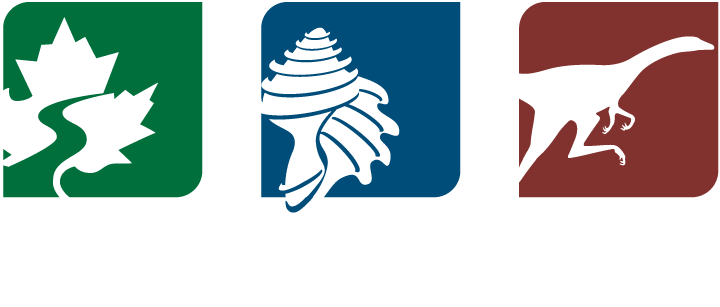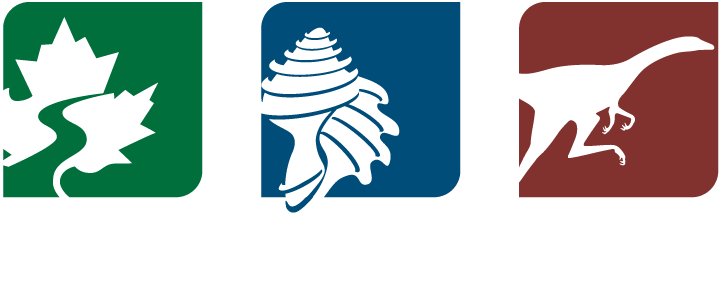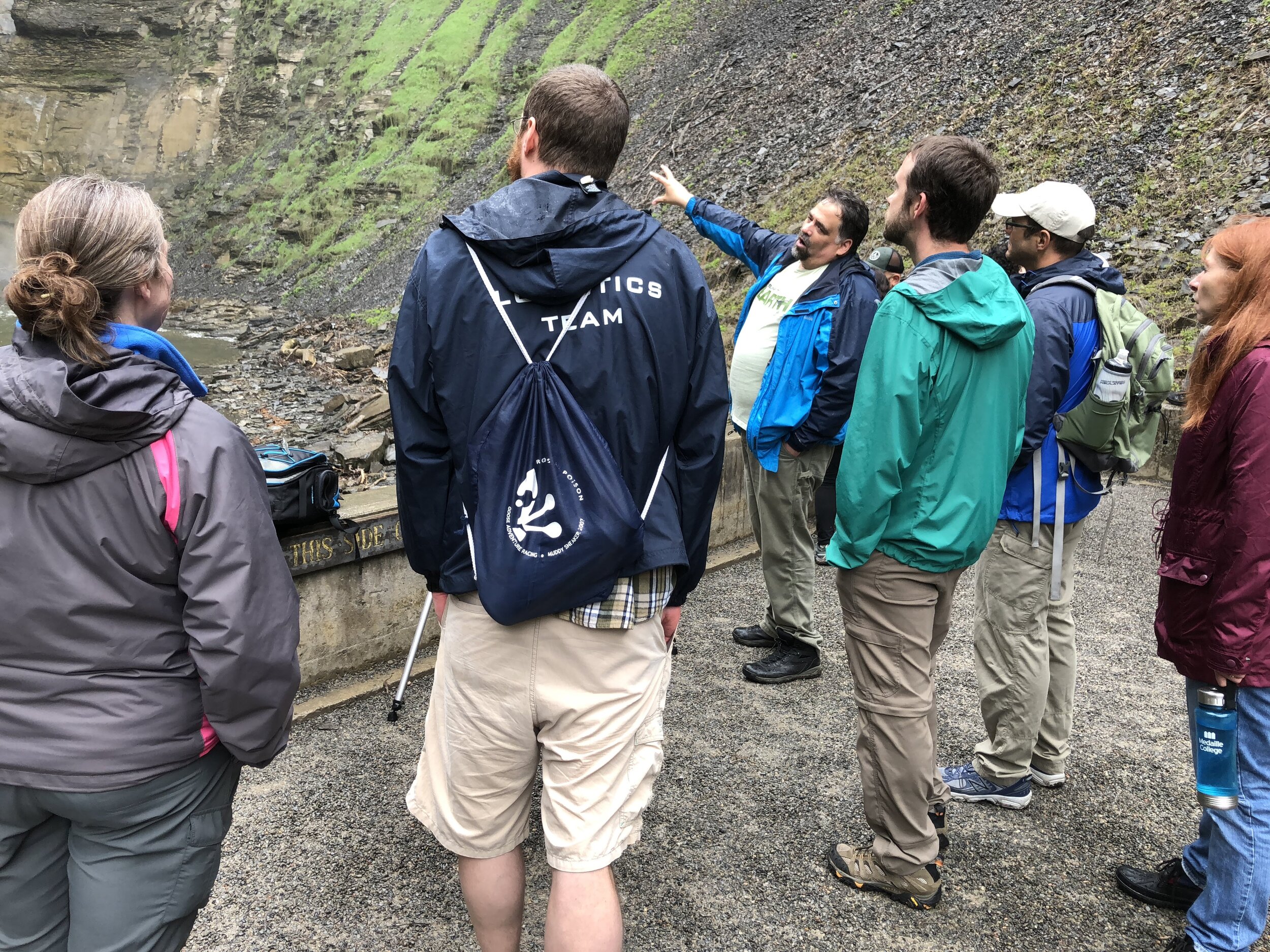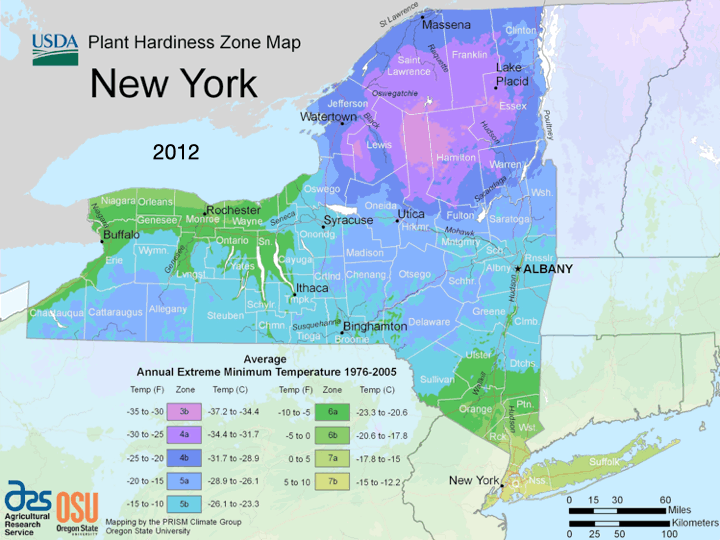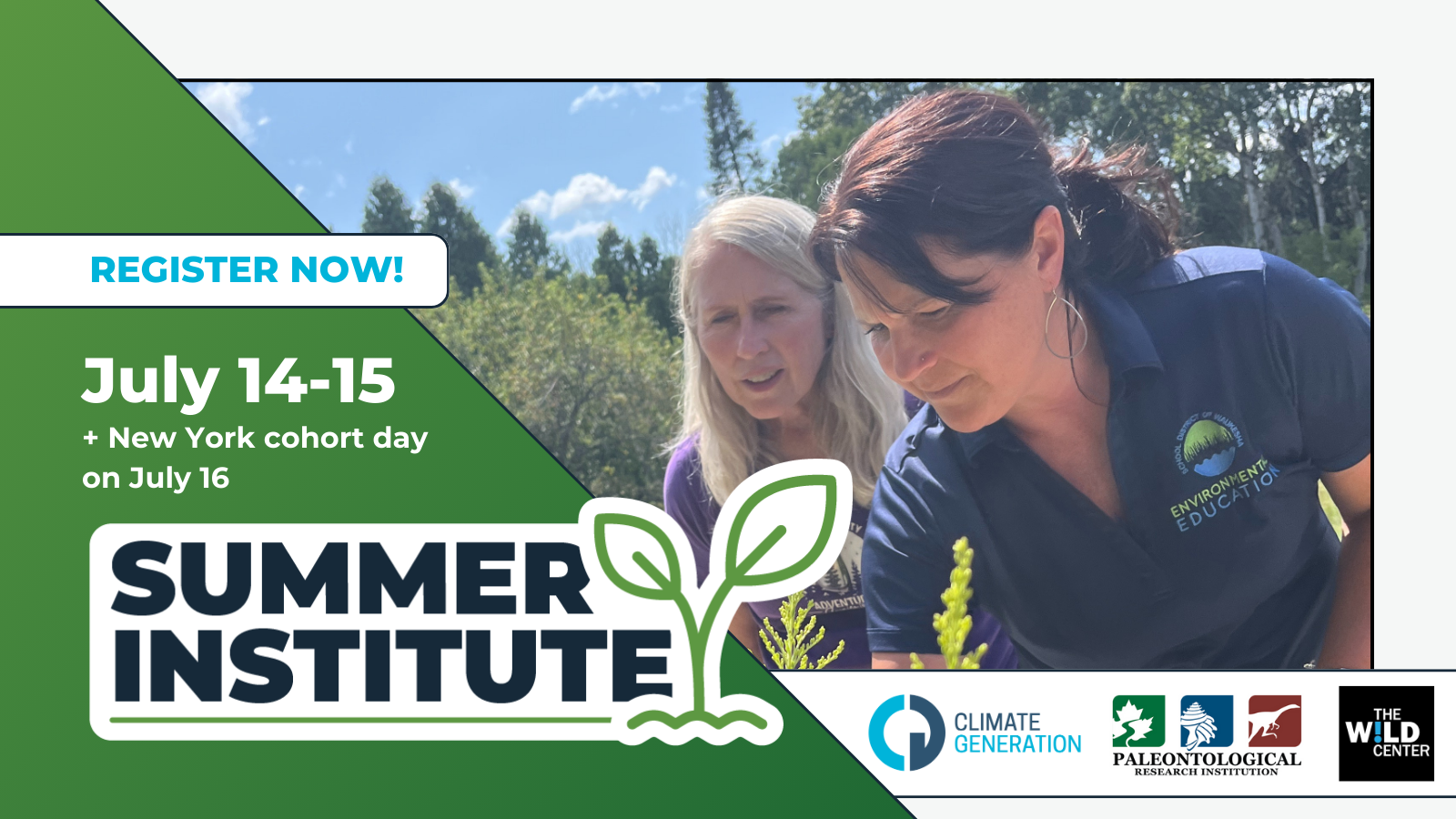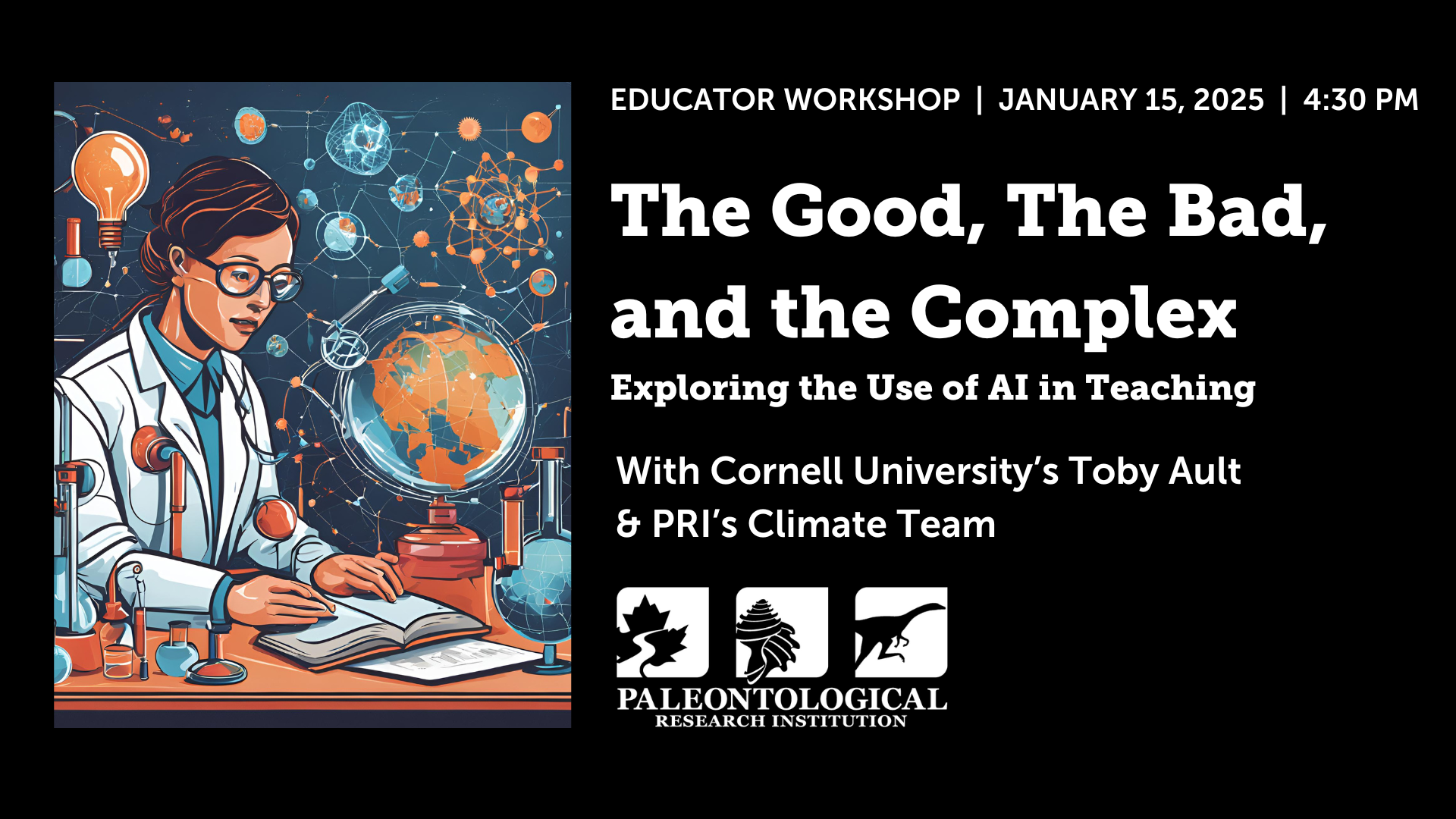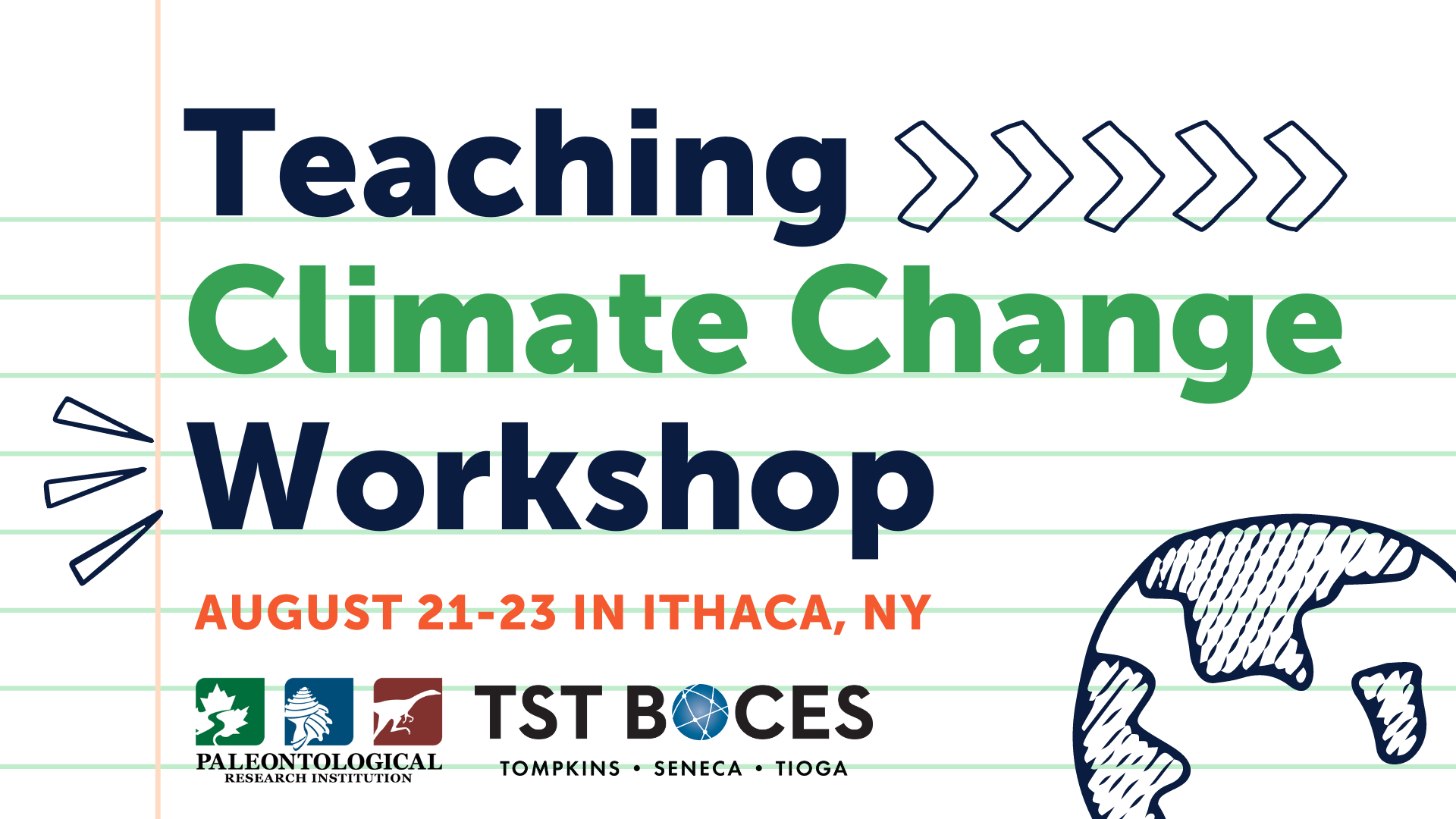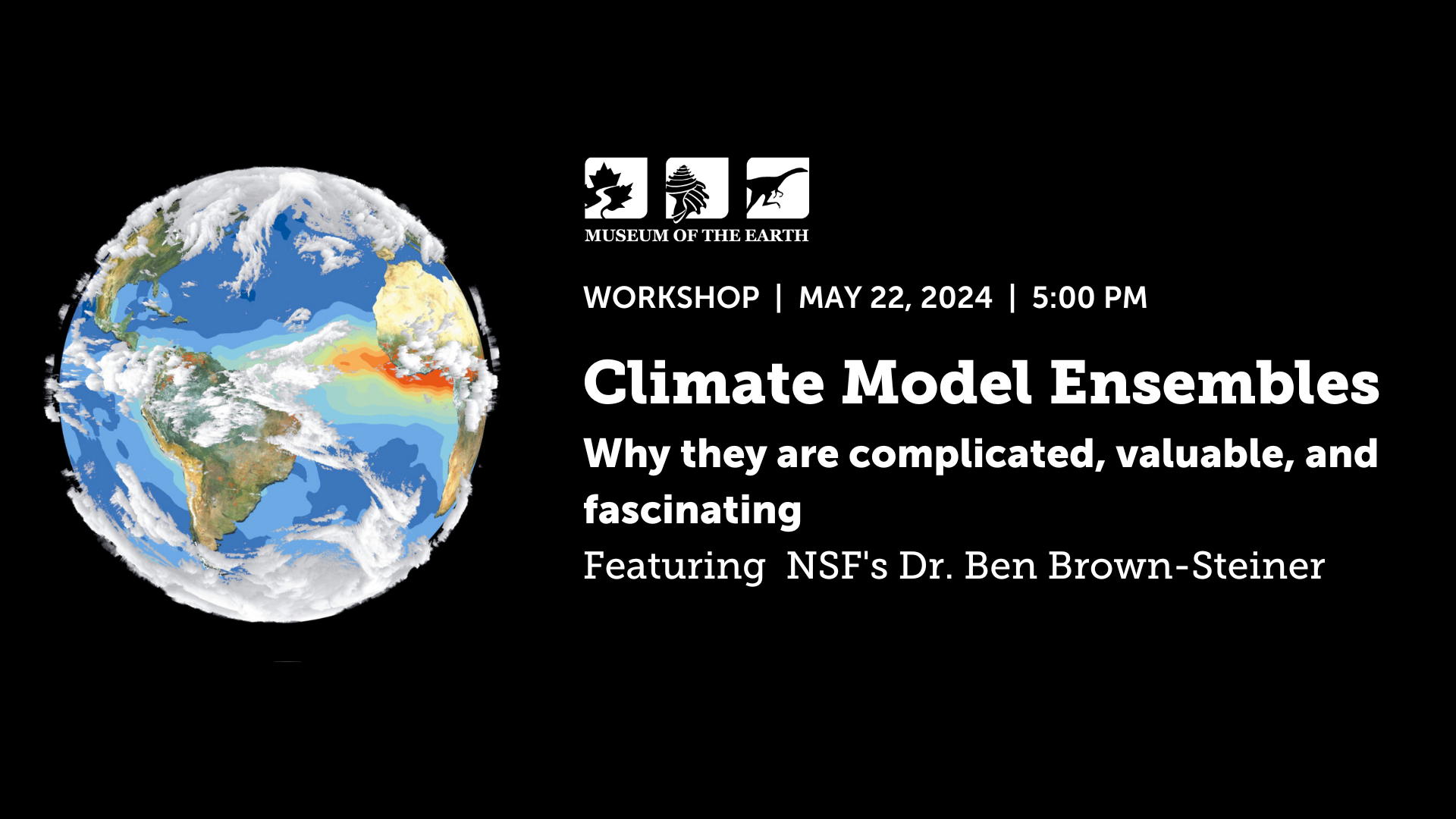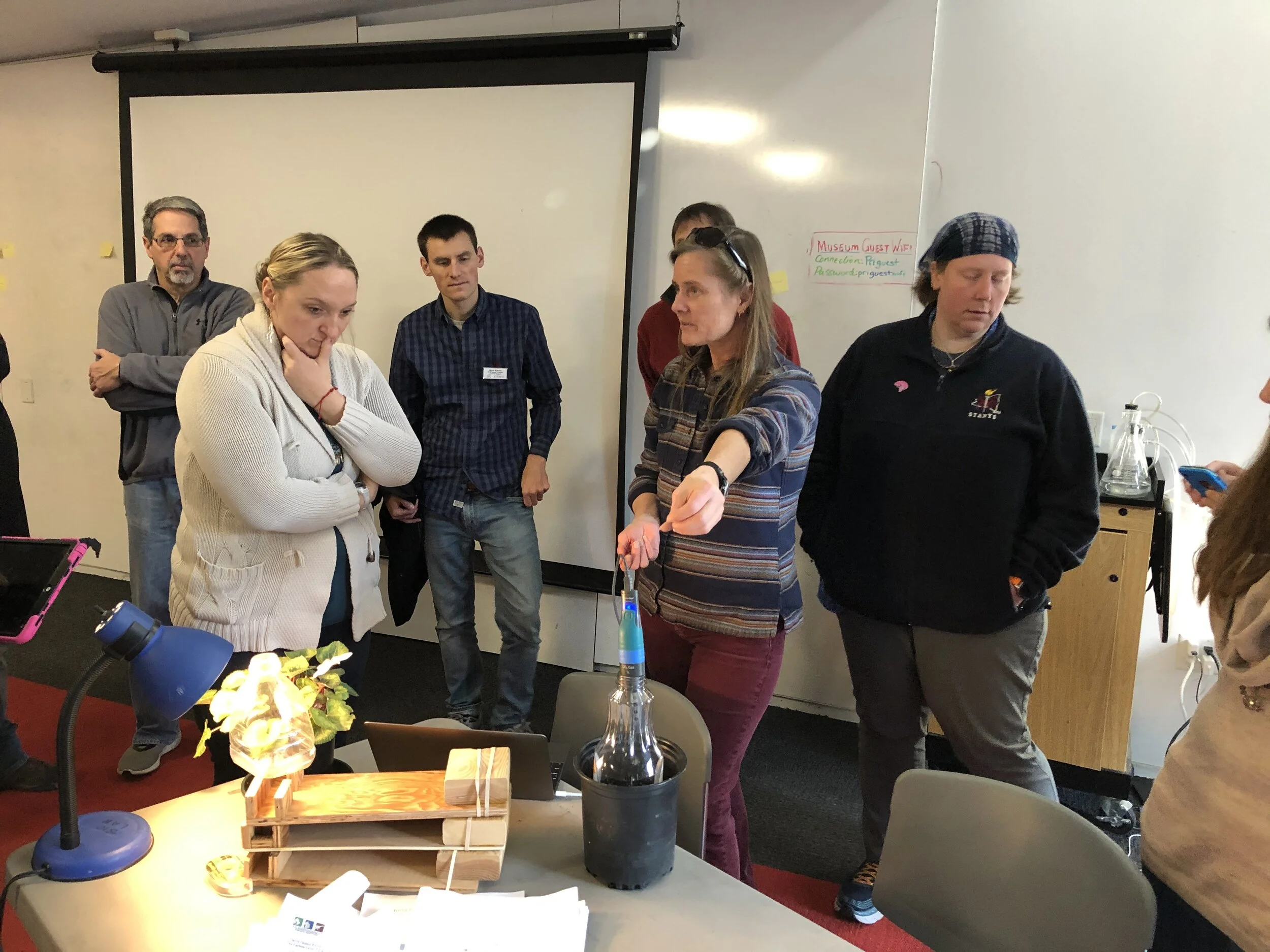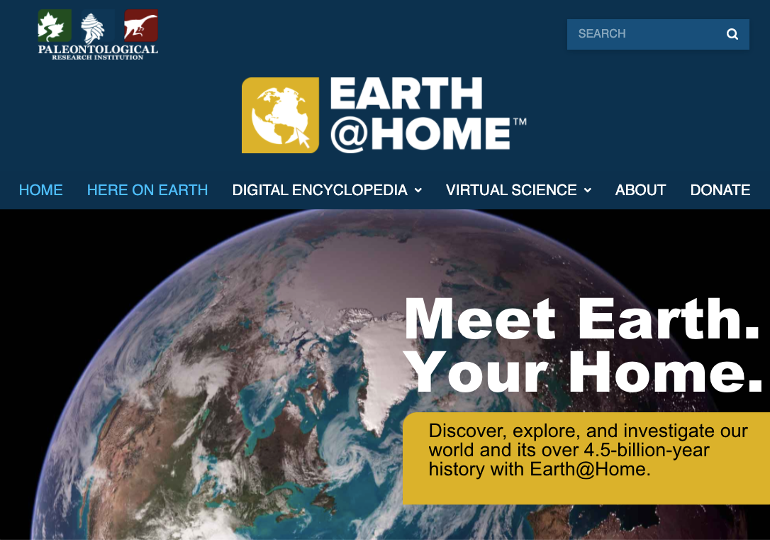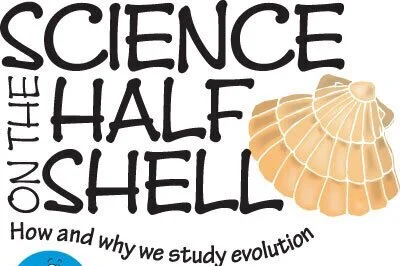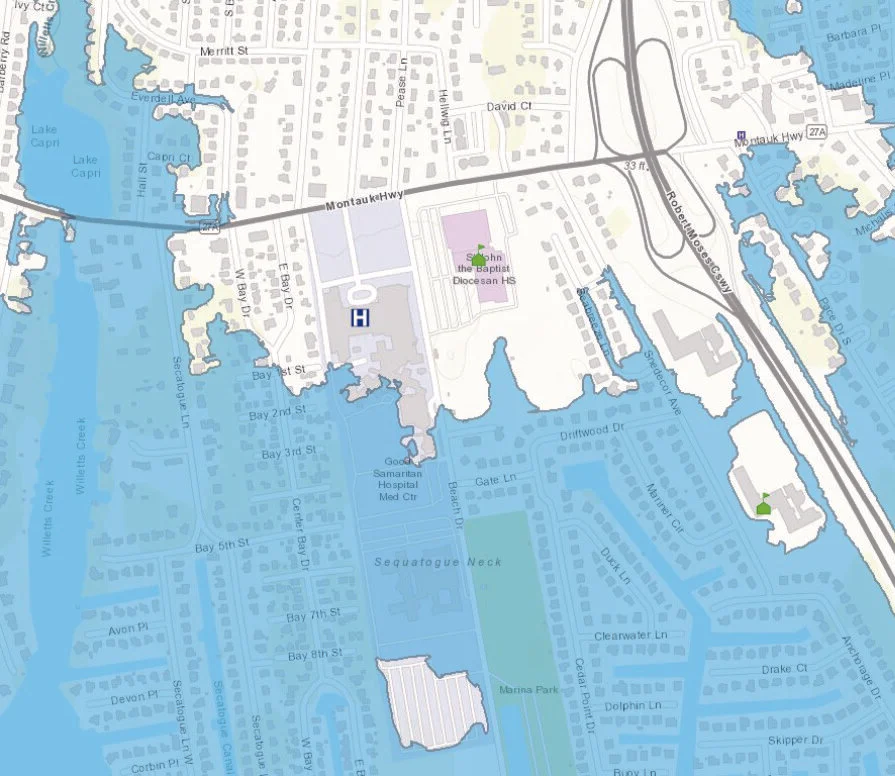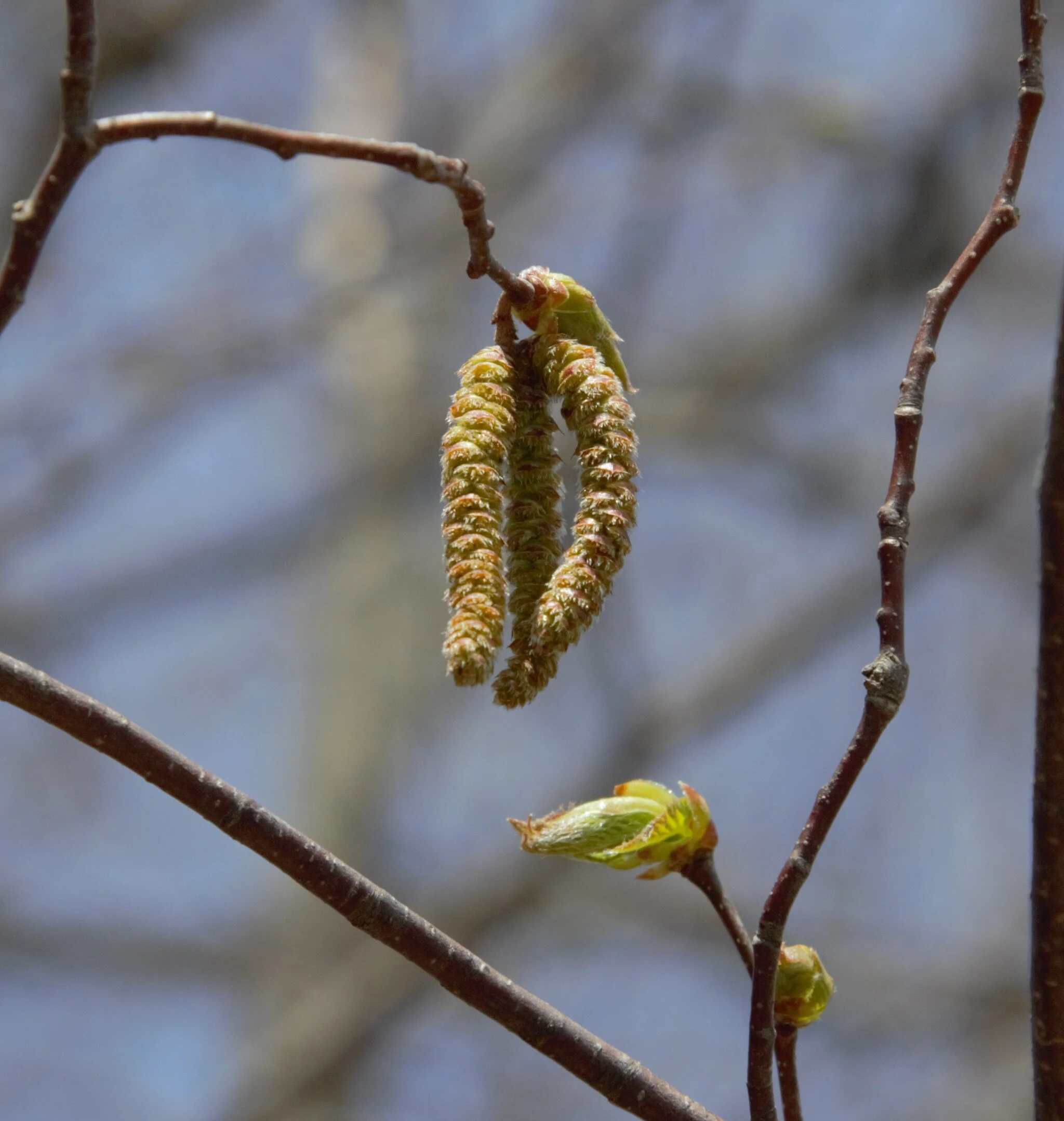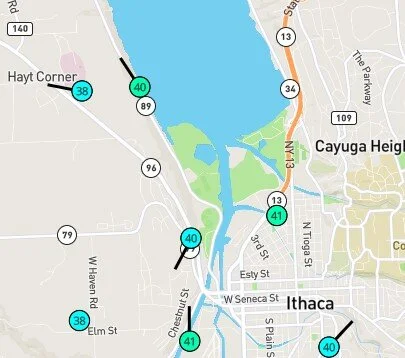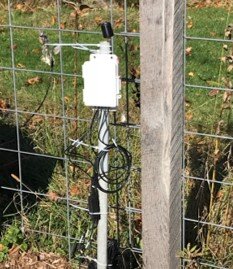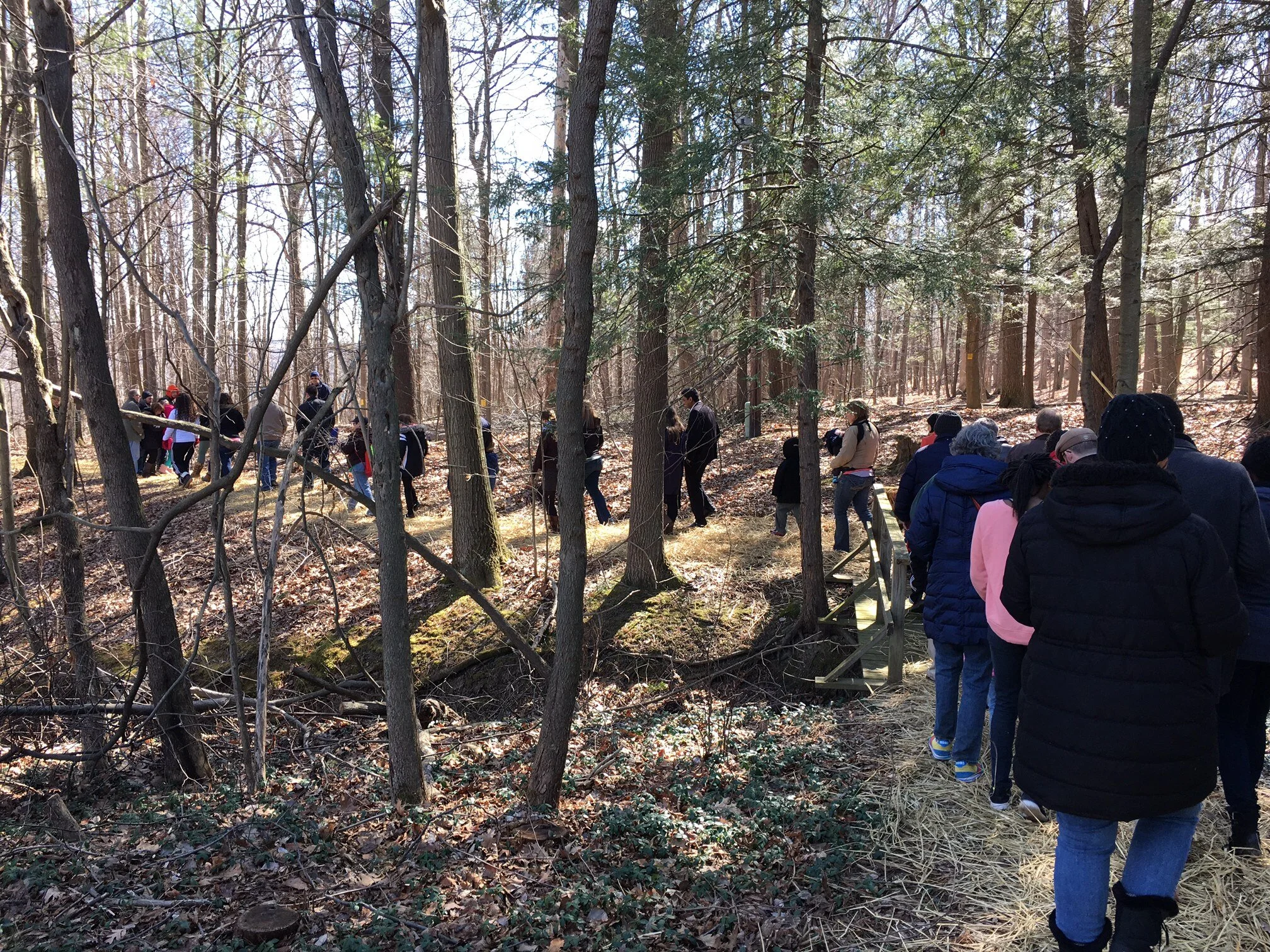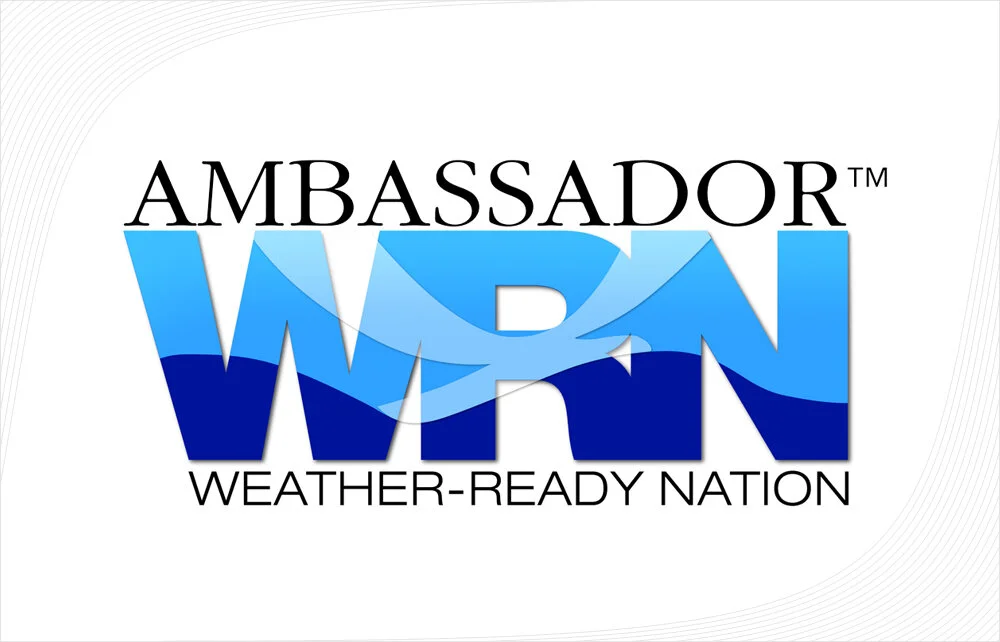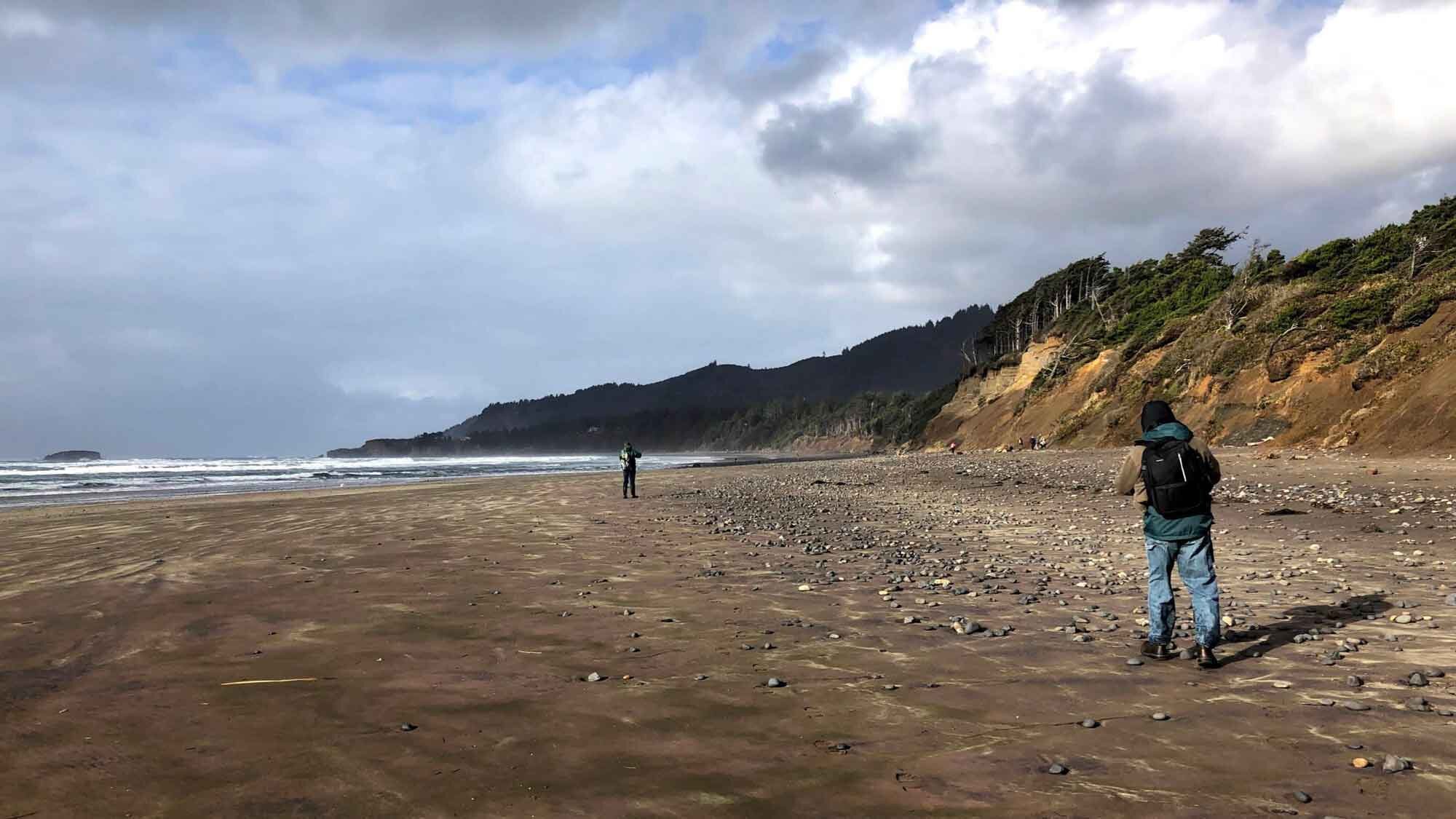PRI offers a wide range of workshops and resources for educators of every stripe, including K-12 teachers, college instructors, museum educators, and homeschool and pod parents. If you have any questions and suggestions for how we could serve you, please contact us at teacherPD@priweb.org.
Learn about the latest news for educators in our Learning Earth educator newsletter!
The November 2025 issue is here:
🌎 Learning Earth: Educator Newsletter
In this issue of Learning Earth:
Climate Education is Changing in New York State! And PRI is here to help!
Read our blog post on the proposed regulation And learn what it means to you!
Supporting the Teaching of New York State's New Climate Expectations Free online workshop!
Video Updates:
Did you miss our teacher panels on teaching climate change? Or other online workshops?
Science in the Virtual Pub 100th Session! A panel of Pub alumni discuss how their science has changed in the last five years
Help Secure the Future of PRI & the Museum of the Earth! An update on PRI's financial situation and how you can help. Please consider a donation to support PRI
Antarctica Day Celebration at the Museum of the Earth, Sunday, November 30th 10:00am - 1:00pm
Free Stuff! Our Teacher Resource Day has some leftovers and we don't have room to keep it!
Winter Bioblitz January 30 - February 2, 2026
Marvelous Mollusks! Now open at the Museum of the Earth
Shop to Support Science Education Shop the PRI gift shop
There's Still More! Check the PRI Events Calendar! Mark your calendars for these events coming to the Museum of the Earth:
Our Funders You can be a funder too!
Newsletter Archive
PRI Workshops & Professional Development Programming
Also see PRI’s Events Calendar.
Book a virtual workshop from anywhere! For more information, contact us at teacherpd@priweb.org. The Center for Climate Change Education at PRI offers professional development programming ranging in duration from an hour to programming that can extend across a year or more. We offer both in person and online programming. Example descriptions of workshops and programs follow.
Our online workshops are live streamed on YouTube and recordings can be found on PRI’s YouTube Channel. Look under the “Live” tab.
NYS Expectations for Climate Education Are Changing.
Is your district ready? The Center for Climate Change Education at PRI can help!
New Regents Exams in Earth & Space Sciences and in Life Science: Biology debuted in June 2025 with substantially more climate and energy content than what was included in earlier exams. The June Earth Science exam almost certainly had more climate content than any statewide exam in the country. Released sample clusters for the new Chemistry and Physics exams that will debut in June of 2026 also include substantial climate and energy content.
Is your district prepared for these changes?
Prior to this past June, the Regents Examination with the most in-depth climate content was the English Language Arts Exam, with the argument essay regularly featuring climate-related content. When we change how we get energy, we also change history, providing ample opportunities for deep connection to the social studies. Climate and energy issues cannot be deeply understood without mathematics, and we can more effectively express them through the arts.
Portrait of a Graduate and NY Inspires, NYSED initiatives, expect that climate change will be taught across the grade span and across the curriculum! The Seal of Civic Readiness, an option for graduates, provides ample opportunity for climate change-related action. The Blue Ribbon Commission on Graduation Measures includes the recommendation to review and revise the NYS learning standards to better align with college and career expectations, and update for family and consumer sciences, health, media literacy, and climate education.
See a document that compiles links to climate and energy-related content from the New York State Education Department here. A collection of linked resources for teaching climate across the curriculum is here.
Of course these changes in educational expectations are coming because there is a climate emergency! In 2023, people across New York State experienced horrible air quality caused by Canadian wildfires, and the smoke returned this year. 2024 saw a record of tornadoes in the state. Extreme rain events have occurred in every region of the state in the last few years. Warmth in the Great Lakes have driven incredible lake effect snows.
The Center for Climate Change Education at the Paleontological Research Institution can provide professional development programming at scales from an hour-long workshop to a long term collaboration to build professional learning communities in science or across the curriculum. Contact PRI's Director of Teacher Programming, Don Haas at haas@priweb.org if you would like to learn more about our programming.
Upcoming Programming
This image was generated in seconds using Artificial Intelligence (AI) in the Canva software program. A more impressive example of AI's capability than the picture above is the podcast critiquing PRI's Earth@Home website. The podcast was created with NotebookLM. Listen to that here.
The Wild Center and PRI will be leading the New York State cohort at the 20th Annual Teach Climate Network Summer Institute hosted by @climategenorg. Want to learn more about this amazing opportunity? Join our FREE virtual sneak peak on May 21st from 7:00 to 8:00pm EDT.
Interested in signing up for the full institute? This virtual, three-day conference focuses on climate change education for both formal and non-formal educators. Join us and educators from across North America for this 3-day conference July 14-15 plus New York's regional cohort day July 16. If you are from another state, check out the list of other cohort days on the national registration page!
Educators from all backgrounds and subjects are invited to attend and learn new tools, skills, and resources to teach climate change in science, social studies, ELA, environmental studies, geography, art, math, and more. Register here: climategen.org/summer-institute/
Register for the one-hour sneak peak on May 21 at 7pm here.
Prior Programs
AI is here and educators – maybe you included – are figuring out how to use it. In this session you'll hear from Professor Toby Ault (Cornell University) and PRI staff about their experiences using AI tools such as NotebookLM and developing a new AI tool for working with students using the Socratic method.
The session will include an interactive demonstration of the Socratic Chatbot, which was developed through a collaboration between Cornell’s Emergent Climate Risk Lab (ECRL) and the Cornell AI Innovation Lab.
The tool readily plugs into Learning Management Systems (LMS) and can easily generate both dialogues and question banks for any course. In less than 15 minutes, teachers can set up Socratic Chat assignments and quizzes for learners. Chat topics and quiz question banks are generated from lecture transcripts, assigned readings, and any other existing materials within the course.
Professor Toby Ault and PhD Student Marty Sullivan will guide attendees through how the tool is used in classes today. Attendees will be given the opportunity to experiment with the tool hands-on, optionally with their own course materials, in order to explore its usefulness and potential for enhancing their own classrooms.
View a sample dialog.
Registration is limited to 20 (though it will be live streamed on PRI's YouTube channel).
We'll also explore these questions:
What are the implications for teachers and students of AI in the classroom setting?
What are the implications for energy consumption and associated climate impacts?
How do we decide when to engage AI in instruction and when to avoid its use?
We also want to hear from you: what have you learned from exploring AI and how are you using it in your classroom? Note that the registration form includes optional questions so that participant interest can inform the agenda.
Explore the agenda for this workshop here. The agenda has links to many of the resources used over the course of the workshop.
The workshop addressed how teaching climate change satisfies state standards in a range of ways, and includes attention to teaching climate across the curriculum. Each of the three days will have a theme with demonstration lessons and associated resources tied to the theme.
Day 1 focused upon climate and climate change;
Day 2 focused on clean energy, fossil energy, energy history, and our energy future; and;
Day 3 focused resilience and communication.
The agenda drew from our updated Teacher-Friendly Guide to Climate Change, and the workshop was led by the four authors of the guide along with a team of climate and energy scientists. We shared a wide range of resources and strategies, on our Earth@Home site. The resources have been largely developed with funding from the National Science Foundation. New resources include an extensive collection of short videos with associated activities, the Changing Climate: Our Future, Our Choice museum exhibit and its virtual counterpart, The World in a Tank: CO₂ Drawdown Challenge; and resources related to Cornell University’s Deep Geothermal Heat Research project that is a central part of the University’s decarbonization efforts, and more.
Ben Luce is also an accomplished musician and the workshop will also include an evening concert. Ben also plays with his band, Sonic Vortex. The music was accompanied by visuals created in real time from the sonic characteristics of the music and discussions of the physics behind the music and visuals, as well as the work of Ben's father, Dr. David Luce, a researcher of musical sound who was also president of Moog Music and held numerous synthesizer patents.
The agenda will be tailored to the registrants' subject areas and grade levels. Teachers in all subject areas are encouraged to attend!
Instructors:
PRI’s Climate Team:
Don Haas, PhD, Director of Teacher Programming dad55@cornell.edu
Alexandra Moore, PhD, Senior Education Associate afm113@gmail.com
Rob Ross, PhD, Associate Director for Outreach rmr16@cornell.edu
Ingrid Zabel, PhD, Climate Change Education Manager ihz2@cornell.edu
Our Scientist Partners:
Toby Ault, PhD, Associate Professor, Earth & Atmospheric Sciences, Cornell University;
Ben Brown-Steiner, PhD, Program Director, the National Science Foundation, and;
Ben Luce, PhD, Chair of the Board of Directors, American Solar Energy Society, and, Discovery Analyst, Buffalo Solar Solutions Inc.
The Museum of the Earth
1259 Trumansburg Rd.
Ithaca, NY 14850
Climate Model Ensembles: Why they are complicated, valuable, and fascinating
Workshop with NSF's Ben Brown-Steiner
5:00 pm EDT on May 22nd, via Zoom - Free!
In this virtual workshop, Dr. Brown-Steiner will present an overview of climate model ensembles, including how they are configured, the value of different forms of ensembles, and the challenges associated with running, analyzing, interpreting, and discussing ensemble results. Large ensembles of climate models are used to compare and gain confidence between different climate models as well as explore uncertainties and potential pathways within an individual climate model. Gaining confidence in climate models, especially when looking at future projections, is a difficult and requires careful considerations of uncertainty, truth, and ignorance. This workshop will explore some of these issues.
Participants will also run their own "toy" climate models in an ensemble framework and we will collectively summarize, compare, discuss, and interpret our toy model results. This activity is intended to give an intuitive understanding of climate model comparisons, the difficulties that arise when discussion different model results and the different forms of uncertainty embedded within these discussions, and the balance between clear communication and jargon-laden technical details.
This virtual workshop will include short presentations, interactive components, and group discussion, with ample opportunity for questions.
This workshop has passed. See the recording here and the slides here.
Virtual fieldwork, activities, & specimens
Virtual Fieldwork Experiences (VFEs): Visit interesting sites digitally, and learn how to make VFEs, on your own or with your students.
Virtual Labs: Try our sets of activities focused on the science of nature.
Climate change activities: We have a growing set of activities and demonstrations associated with out climate change education program.
Paleontology activities: You can find a set of classroom activities at our Digital Atlas for Ancient Life.
Virtual fossil collections: Use our 3-D specimen collections and try activities posted to the Digital Atlas of Paleontology.
Group programs and tours at our venues and outdoor sites
We offer a wide variety of private group programs on Earth, environmental, and life sciences using our specimen collections, live animals, exhibits, and forest and stream environments.
Currently all of our programs are outdoor or virtual.
Book a program (currently virtual) from the Museum of the Earth.
Content resources of special interest to teachers
Earth@Home is PRI’s central site for content on geology, paleontology, climate, and their interconnections, plus approaches for teaching with activities, virtual fieldwork, and virtual 3-D specimens.
Several of the video series on PRIs YouTube channel contain videos both useful for educators to watch and to show in the context of classroom activities.
Teacher-Friendly Guides to regional Earth science of the US provide the essentials of Earth science for the whole country. There are seven regional guides in all — download any or all of them for free.
The Teacher-Friendly Guide to Climate Change provides an overview of both climate change science and how to teach it.
The Teacher-Friendly Guide to Evolution using bivalves as a model organism and The Teacher-Friendly Guide to the Evolution of Maize provide approaches to teaching evolution through familiar organisms.
PRI’s Museum of the Earth online exhibits and Cayuga Nature Center online exhibits allow you to use our exhibits in your teaching.
Teacher programs and resources
The items below highlight PRI’s projects and resources of interest to educators, some of which don’t appear directly in the categories above.
